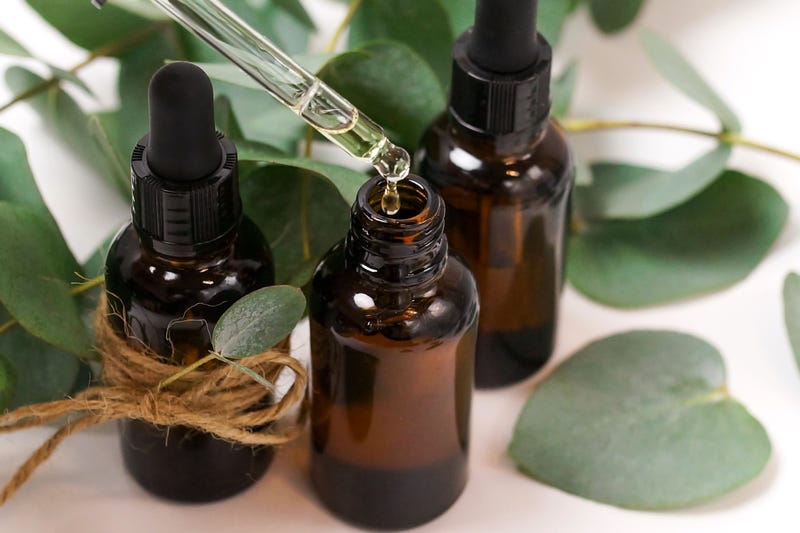
An estimated 40% of people who have had COVID, haven't been able to stop and smell the roses for months. They've lost all, or most, of their sense of smell. Researchers in St. Louis have been asking them to breathe in the scent of roses anyway -- plus clove, lemon and eucalyptus.
Those are four of the main essential oils being used in a study at Washington University School of Medicine in St. Louis.

Dr. Jay Piccirillo, Professor of Otolaryngology (Ear, Nose, Throat) says SARS-CoV-2 appears to damage the cells that support the olfactory nerve. Roughly 270 COVID long-haulers who lost some or all of their sense of smell have been asked to breathe in essential oils twice a day as part of olfactory training in the study.
"The theory behind the use of essential oils as part of olfactory training for loss of sense of smell for all types of viruses, not just the coronavirus, is that through the process of smelling these essential oils, the patient can help reestablish the neural pathways," Piccirillo says.
It's a process known as neuroplasticity, or the ability of the brain to change.
Why use essential oils?
"The essential oils are used because they are relatively stable over time. They are a nice, pure smell, they don't have a lot of other chemical compounds," explains Piccarillo. "There's been no hard science that says this essential oil is better than that essential oil, or this type of smell is better. Some scientists and doctors say, maybe just taking a mindful approach to all of the smells in our environment, like our coffee in the morning, or an orange peel, a baby's diaper ... you don't necessarily need to go out and buy essential oils."
Some participants were given the option of which essential oils they wanted to use. The most popular was smoke, because as Piccarillo explains, the inability to smell can be a safety issue.
Results of the study are expected this winter.
LISTEN on the Audacy App
Sign Up and Follow NewsRadio 1080 KRLD

